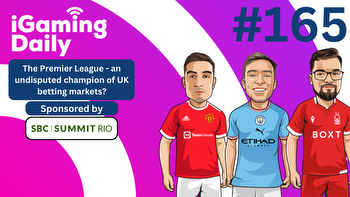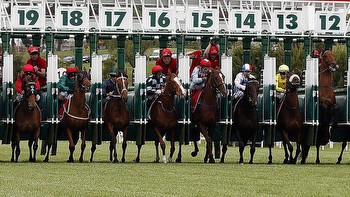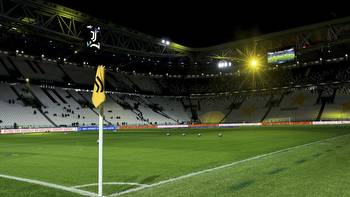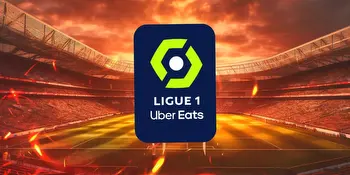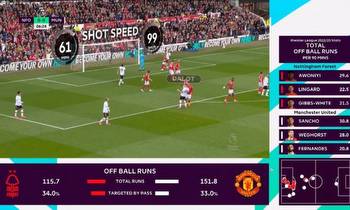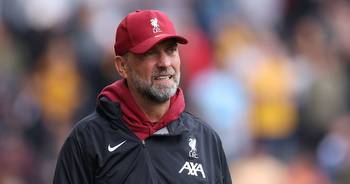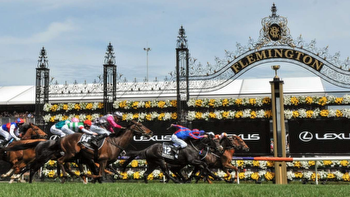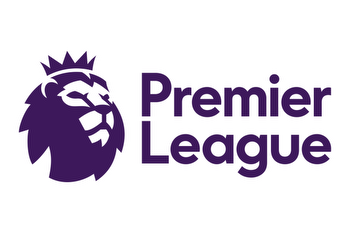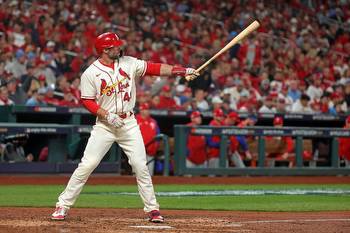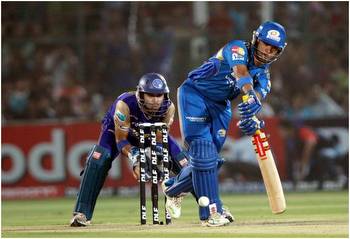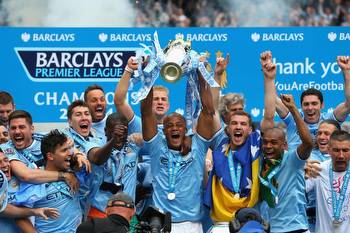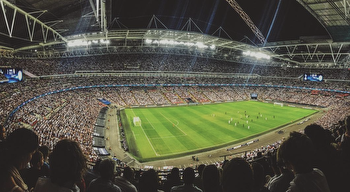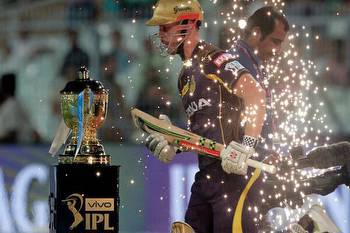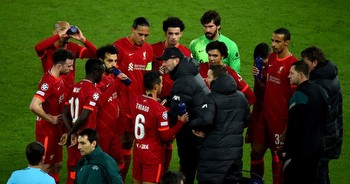Premier League TV rights are so wrong: viewers want a better product, not even more games
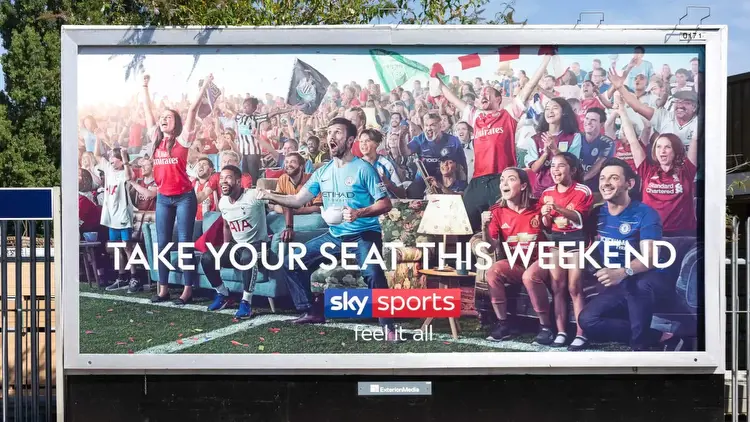
With the value of the Premier League TV rights deal falling from a peak it will never reach again, broadcasters have a chance to reinvent a broken wheel.
If you fancy buying some Premier League games to broadcast, now’s the time to do it with the 2026-2030 broadcast rights currently available. Winners are set to be announced in December. It is much less valuable than it was, with the current Premier League deal almost £400m down on the peak, hit eight years ago.
Broadcasting top-flight football has rarely if ever made anyone a profit. Usually, far too much is paid for the broadcast rights for reasons that are sometimes easy to understand and sometimes look like financial lunacy.
Its use was always as a lever to generate sales elsewhere in the rights owner’s company. This is largely a long-term failed strategy as ESPN, Setanta and BT Sport (who lost over £2 billion) can attest. Sky has likely never made any profit directly from broadcasting live football but has financially benefited in other ways, though whether that income matches their rights expenditure is opaque and seems unlikely, but it is bonded to broadcasting football as a kind of virility symbol.
For many in the UK, the glory days of Premier League and Champions League broadcasting were when you could get everything on Sky and get the Champions League on ITV. You needed one subscription and that was it. But those days are a long way away today. Now you need a Sky and a TNT (Discovery+) subscription, as well as a hook up with Amazon Prime. From 2026 this will doubtless include DAZN and exclude Amazon who picked up a few packages on the cheap but for whom football is just a financial fly buzzing around their beast’s arse.
Many of us would welcome a return to the old days of ‘everything is on Sky’ simply because it was easy. One sub did it all. If the idea was to break up their monopoly it has certainly worked, but have we, the humble punter, gained anything? It’s all brought to us, no matter where we see it, by largely the same presenters and pundits in largely the same style and we have to pay more, so I’d argue we’ve gained nothing at all.
To be honest I couldn’t tell you what I’m paying Sky, TNT and Prime every year. I could find out, but it’s diffused information and I’m generally distracted which is doubtless all part of the plan. However, it appears that the audience across Europe for football has reached the point beyond which they will not pay more. Earlier this week, Ligue 1 in France failed to receive a bid for any of its five TV packages at the target price.
In Italy, Dazn and Sky Italia, (as we know, Sky is now owned by the US TV company Comcast), offered bids short of the $1bn-plus goal. Germany’s Bundesliga rights are due to go to auction early next year, having only managed to achieve a flat deal at the last negotiations in 2021. Spain’s La Liga completed a flat deal in 2021 and is not due for renewal until 2028.
With the cost of staying alive so high right now, the financial demand to watch, say, Burnley play Luton or Sheffield United play Everton, just isn’t there. While you can pay a high (£11.98) one-off fee to see any game on Now (which seems very expensive for something that is, in essence, a gamble), you need cash to burn to sign up for any service that will almost certainly deliver more crap football than good football. That’s not down to the fact it is the Premier League, it’s down to the fact that it’s football, thus crapulence is built into its DNA.
By regular financial measures the Premier League is anything from an outright flop for broadcasters (ask BT Sport) to a useful flop, and the current rights bids back up the impression of a league that is, if not exactly failing, one which has certainly peaked in popularity. It shows all the signs of being a sclerotic business, relying on the same group of people to do the same things for the same group of people, time after time, with little or no originality driving the broadcasts. With 50% of viewers turning on as a match starts and turning off as soon as it ends, the amount of people watching all the other waffle is startlingly small for many games.
The impression is that TV football broadcasting is coasting. Most games of football are like the last game you saw and just asking Steve McManaman to describe what you can see perfectly well with your own eyes isn’t helping. The game is crying out for someone to do it differently. While you have to cover the 90 minutes, television has to be more ambitious if it is to ever again expand from its hardcore base. It isn’t appointment-to-view television.
While it has lately, and in some cases sluggishly, embraced female football, presenters and pundits, it is still basically the same as it has been for 25-30 years. The quality of contributions do vary on TV hugely, as has always been the case. Basically, it needs to be more consistently highbrow. People will argue that if you make it more Jonathan Wilson than Richard Keys, it will turn off a lot of people who don’t care how like 1930s Uruguay this Newcastle team are, but those people are not engaged by the status quo as it is and are economically irrelevant. Football needs to be more ambitious to be worth the money and that means more intelligent and less default cliches and mind-in-neutral blartings.
Most people are not interested in wasting 15 minutes of their life working themselves into a lather about whether a VAR decision was right or wrong. People will pay for something more original, intellectual and learned, so why not give them a chance to do so? The ex-pro-obsessed current status quo looks a very tired format, largely because a lot of the people who do it – with a few exceptions – look tired of doing it and importantly too often rely on default cliches and expressions delivered in a manner which doesn’t sound like any other way of talking. At times it is as if football has invented its own lexicon for pundits to speak as they stand around a pitchside perspex table or in front of a giant iPad. It’s objectively very odd and shown to be such when you hear non-ex-players talking knowledgeably about the game. The difference is vast. The solution is obviously to get experts who haven’t played football in to do the job, but that seems beyond the pale for absolutely no good reason at all.
The Premier League, in a move which suggests they can see the direction of travel, has responded to their own lack of TV appeal by offering five broadcast packages of 42 to 65 matches a season, upping the total to a record 270 games with the length of the deal stretched from three to four years for the first time. This is an understandable manoeuvre from an organisation whose self-regard has its own postcode, but fails to understand their customers. Less, not more, people are interested in football played between clubs owned by autocratic states, gambling billionaires and asset strippers and until you change that, you won’t attract bigger audiences; you won’t even keep the audience you have right now.
Sky execs should understand this because in May they secured a record £935m five-year deal with the English Football League to broadcast 1,000 games a season. Lower-league crowds are at an all-time high in part because some people want to leave behind the oil barons and hedge fund loons. While the top flight is also at an attendance peak, that isn’t really as valuable to the league as it would seem, nor is it especially valuable to some clubs whose income derived from ticket sales is several notches down the list of revenue streams. Why would showing even more autocratic state, billionaire hedge-funded football halt the decline in viewing numbers (if that even matters to them)?
The Premier League would do better to show less top-flight football and make it more exclusive. As we know in international breaks, absence makes the heart grow fonder, over-exposure makes the heart grow cold.
Football on the TV, though it might not seem like it to those of us for whom it is a daily occupation, is really a niche interest, yet it is treated by the broadcasters and by some fans too, as though it is wildly popular mass entertainment.
Niche interests don’t usually pretend they’re mainstream, rather they celebrate the fact, but the Premier League, quite oddly, does. It needs to start catering more for their hardcore and stop pretending to be a mass-market product, because it just isn’t. However, it seems they assume offering more product will prop up their numbers. It obviously won’t. We’re full, we’ve eaten enough, we don’t need to eat more.
So what’s next? Those hoping it’s the start of the end of the league can keep dreaming. Too many have got too much invested in it for that to be allowed. But it is a sign that interest in watching football on TV – and TV is where the big money has been – is not infinitely elastic or immune from other financial pressures. If the Premier League had any sense at all, they’d move to a substantial free-to-air model for most games, bolt on some PPV for the big matches and charge more for advertising to bigger audiences. It would make much more sense than sticking with a model that is already out-of-date and looking increasingly alienating. But when you’ve been living on easy street for so long, does anyone have the awareness to realise this?

